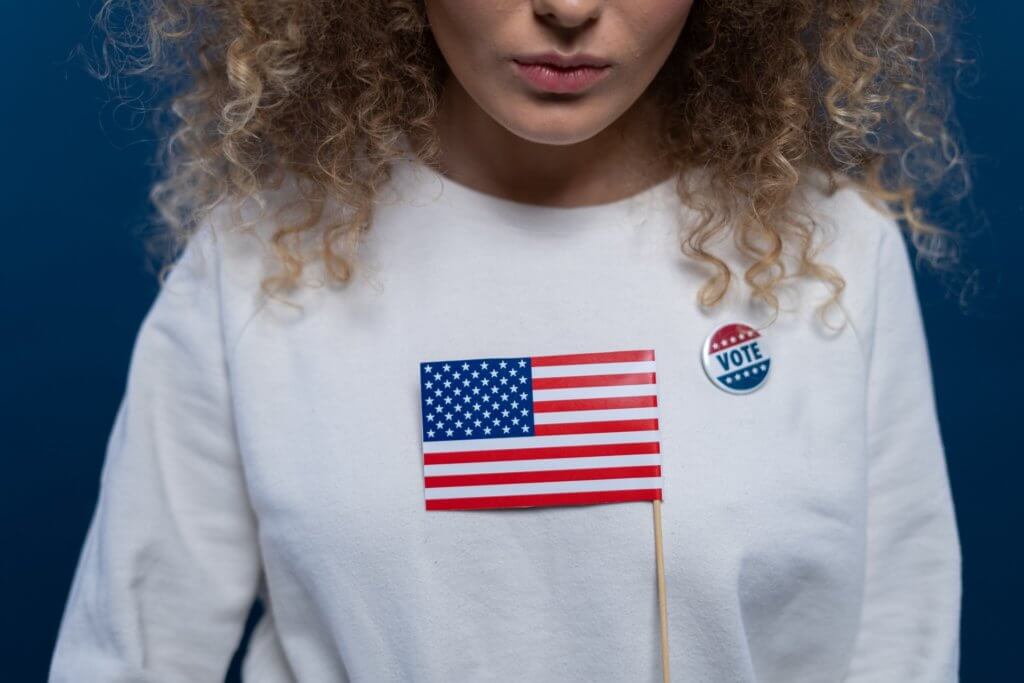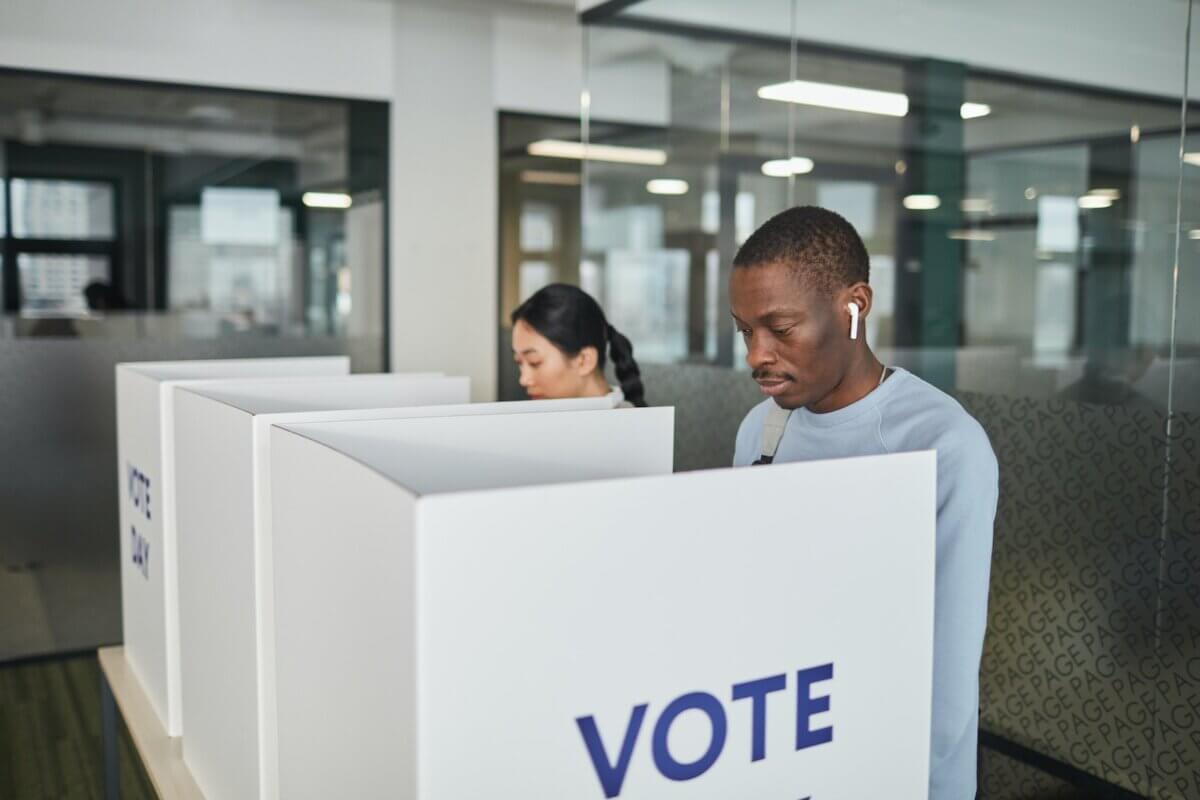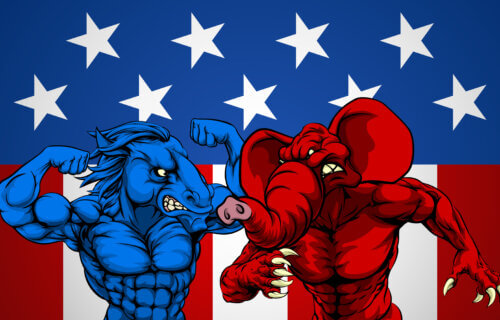UNIVERSITY PARK, Pa. — It’s not just cable news that’s polarizing America. A study by Penn State researchers suggests that social media influencers might play a role in shaping the current political landscape. Researchers have crafted a model to understand how these influencers impact political parties, voters, and traditional media outlets, shedding light on how election cycles might be influenced by social media dynamics.
In the study, scientists explored the role of social media in polarizing society and potentially moderating political stances to attract independent voters in general elections.
“Social media has become entrenched in day-to-day events and especially in the last few election cycles. The discussion around social media has focused on its role in polarizing people,” says study co-author Wael Jabr, assistant professor of supply chain and information systems at Penn State, in a university release. “Are we sure that social media is indeed the culprit? Previous research shows that polarization has been on the increase for the last three or four decades, way before social media came into our lives. This became the driver to do a study on the impact of social media on the whole election cycle — on people, candidates and traditional media like newspapers and TV.”
Researchers utilized a “Hotelling” model, often used in business and political science, to delve into the impact of social media influencers on political dynamics. This model simplifies social interactions among multiple participants, aiding in understanding their decision-making.
“One way to study social media’s effects on elections is to collect data and see what is happening, but as we studied and tried to understand the social media phenomenon, we realized that it’s complex,” says Jabr. “We decided, as a first step, to look at the phenomenon analytically through a model, which removes all the noise and lets us focus on a couple factors — in this case, social media influencers.”

Jabr explained the model using a linear representation: Imagine political party A on the far left, party B on the far right, and the average voter in between. He emphasized how each party’s stance on issues could influence the average voter’s position and how influencers might sway this voter’s inclination toward a specific party.
The study initially examined the interactions among political parties, voters, and traditional media without considering social media. Later, they integrated influencers into the model to study their potential impact.
Researchers found that influencers, when sharing distorted political messages to increase their following and profits, prompt political parties to moderate their policies to attract median voters in general elections. However, this leads to increased polarization among citizens swayed by these influencers while traditional media outlets become more extreme in their editorial positions.
Jabr highlighted the two main effects observed in the study: ideology and election effects. Ideology pertains to a party’s specific stance on issues, while the election effect necessitates moderation to appeal to independent voters crucial in general elections.

Social media’s influence on society appears to be more extreme, contributing to increased polarization among citizens. As influencers distort messages to garner attention and followers, citizens influenced by them become more polarized, while traditional media outlets maintain objective news but shift to more extreme editorial positions.
The study underscores the need for policymakers to account for social media’s impact while implementing measures to curb information distortion by influencers. Jabr suggested potential mechanisms, including collaboration with social media platforms and utilizing artificial intelligence to validate and label misleading content.
“On the one hand, enhanced communication technologies enable voters to be more informed of public policies, so policymakers need to take into account this effect and moderate their positions,” explains Jabr. “On the other hand, technological advancements also make information distortion less costly for influencers, leading to a more polarized society.”
Researchers are expanding their work to examine how social media algorithms affect content promotion, censorship, and their potential impacts on elections, aiming to delve deeper into this evolving landscape.
The study is published in the journal MIS Quarterly.
You might also be interested in:
- Instagram influencers posting sexy pics can make women dislike their own bodies
- Yes, we all can just get along: Self-reflection might be the key to curbing polarization
- How AI could take over elections – and undermine democracy

